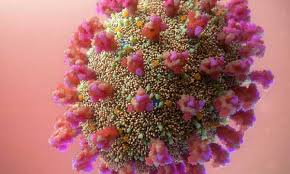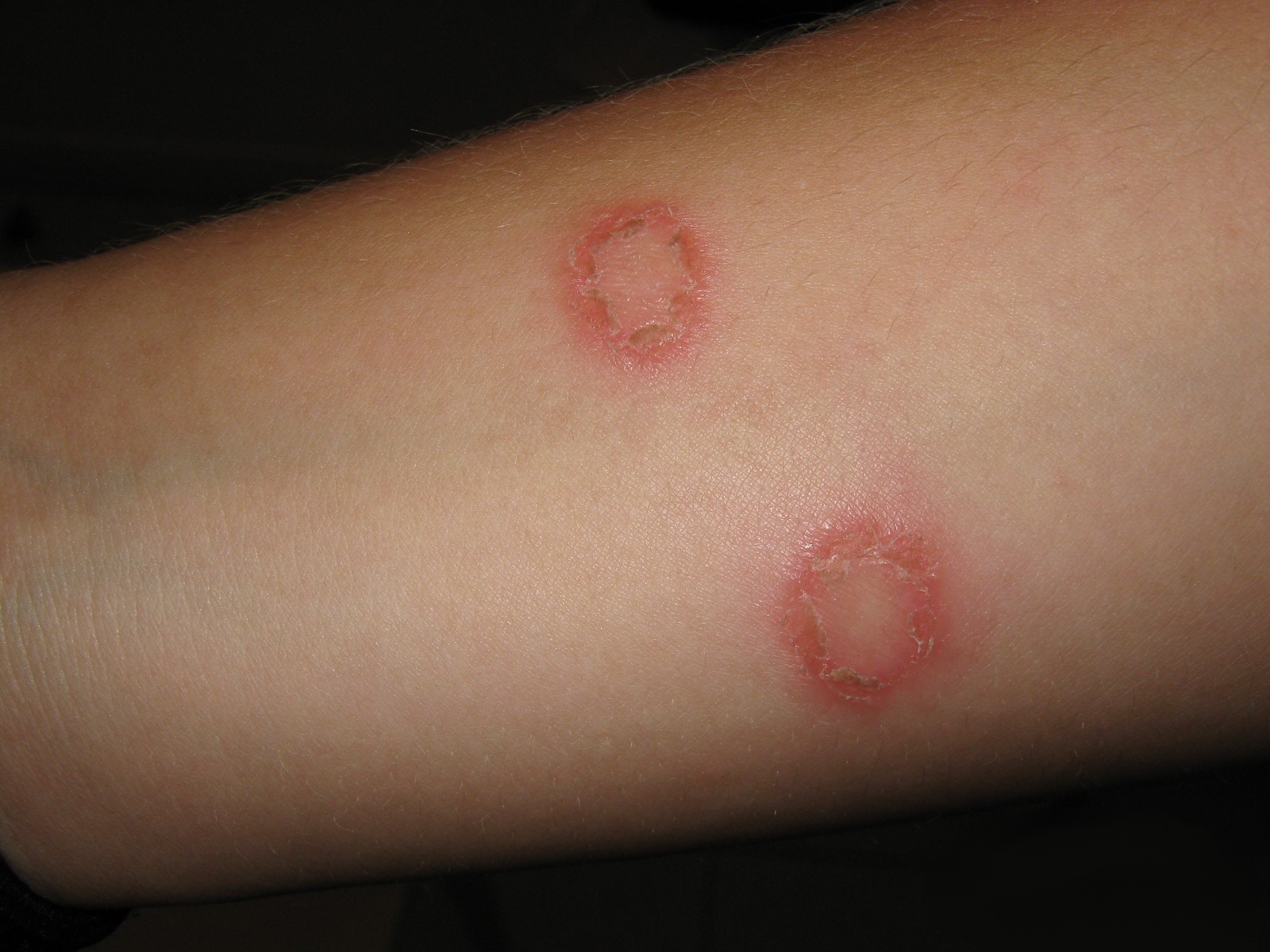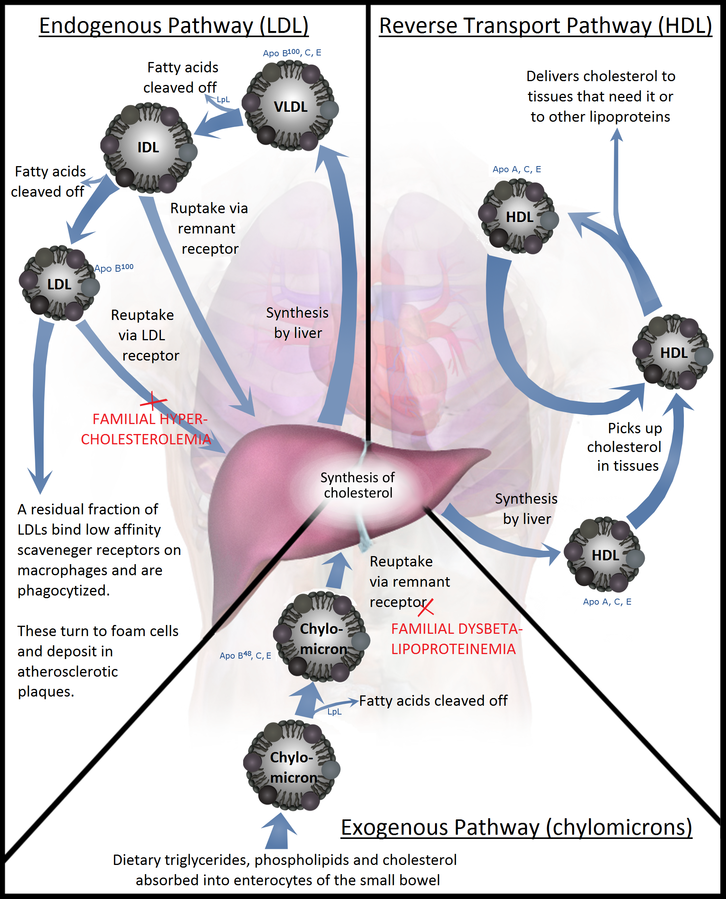
Post COVID Syndrome: A New Challenge for All Age Groups
The COVID-19 pandemic has affected millions of people worldwide, with many experiencing long-term effects even after recovering from the virus. This is known as Post COVID Syndrome, and it is a new challenge that affects all age groups.
Post COVID Syndrome can cause a range of physical and mental symptoms, including fatigue, shortness of breath, headaches, and depression. It is important to understand the impact of this syndrome on different age groups and take necessary precautions to prevent its spread.
Symptoms of Post COVID Syndrome
The symptoms of Post COVID Syndrome differ from the initial COVID-19 symptoms and can last for weeks or even months. Common symptoms include fatigue, brain fog, joint pain, muscle weakness, and difficulty sleeping.
It is important to note that not everyone who has had COVID-19 will develop Post COVID Syndrome, but those who do may experience a range of debilitating symptoms that can significantly impact their daily lives.
Post COVID Syndrome in Children
Children can also experience Post COVID Syndrome, although the symptoms may differ from those seen in adults. Some common symptoms in children include fever, abdominal pain, diarrhea, and skin rashes.
It is important to monitor children who have had COVID-19 for any signs of Post COVID Syndrome and seek medical attention if necessary. Early intervention can help prevent long-term complications.
Post COVID Syndrome in Young Adults
Young adults may experience a range of physical and mental symptoms as a result of Post COVID Syndrome. These can include shortness of breath, chest pain, anxiety, and depression.
It is important for young adults to seek medical attention if they are experiencing any symptoms of Post COVID Syndrome. Early diagnosis and treatment can help prevent long-term complications and improve quality of life.
Post COVID Syndrome in Middle-aged and Older Adults
Middle-aged and older adults may be at higher risk of developing Post COVID Syndrome due to age-related changes in the immune system. They may experience symptoms such as fatigue, shortness of breath, and cognitive impairment.
It is important for this age group to take necessary precautions to prevent COVID-19 infection and seek medical attention if they experience any symptoms of Post COVID Syndrome. Early intervention can help prevent long-term complications and improve quality of life.
Prevention and Treatment of Post COVID Syndrome
Preventing Post COVID Syndrome involves taking necessary precautions to prevent COVID-19 infection, such as wearing masks, practicing social distancing, and getting vaccinated.
Treatment options for Post COVID Syndrome vary depending on the symptoms and severity of the condition. Some common treatments include physical therapy, cognitive behavioral therapy, and medication. It is important to work with a healthcare provider to develop a personalized treatment plan.





